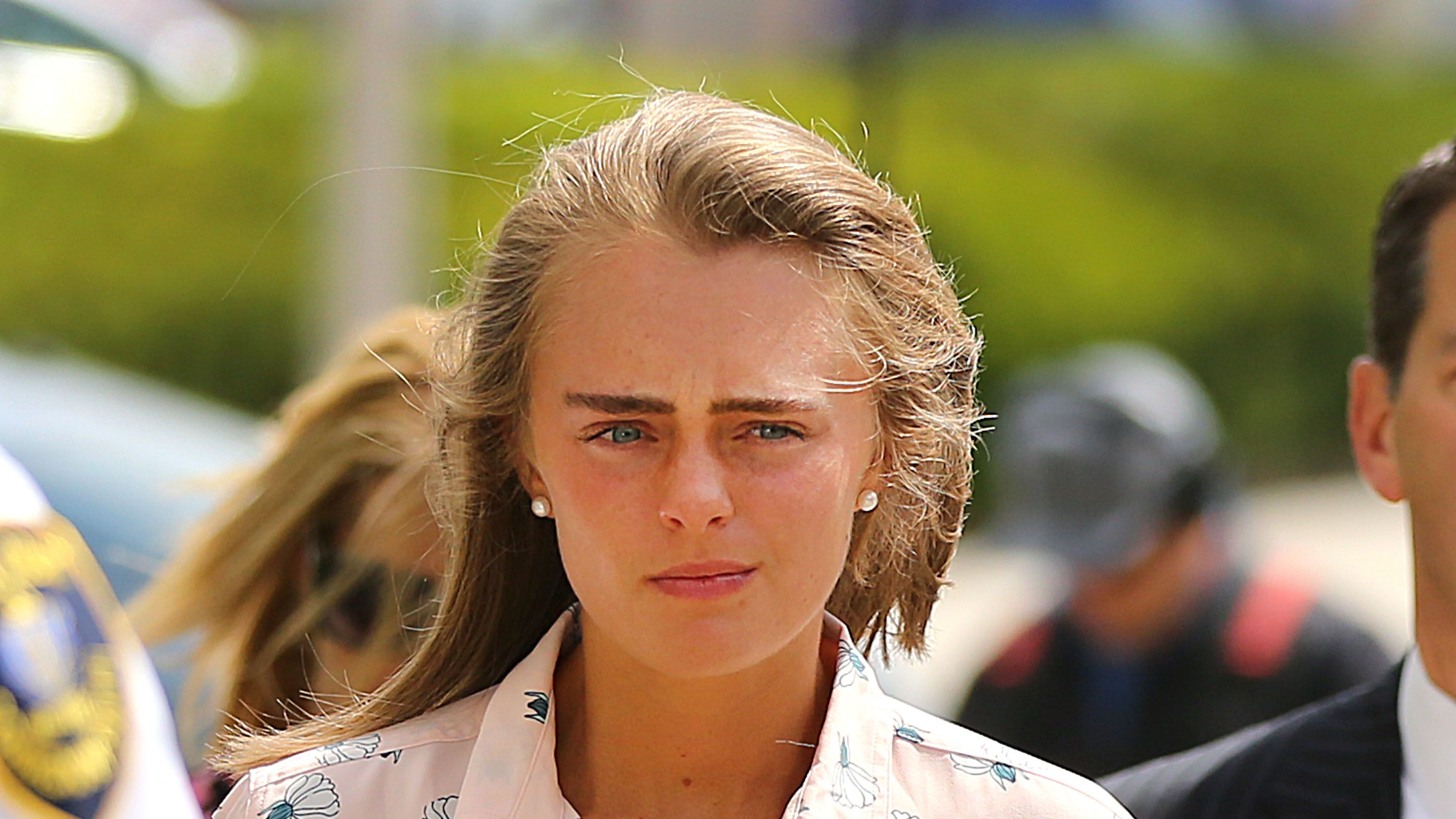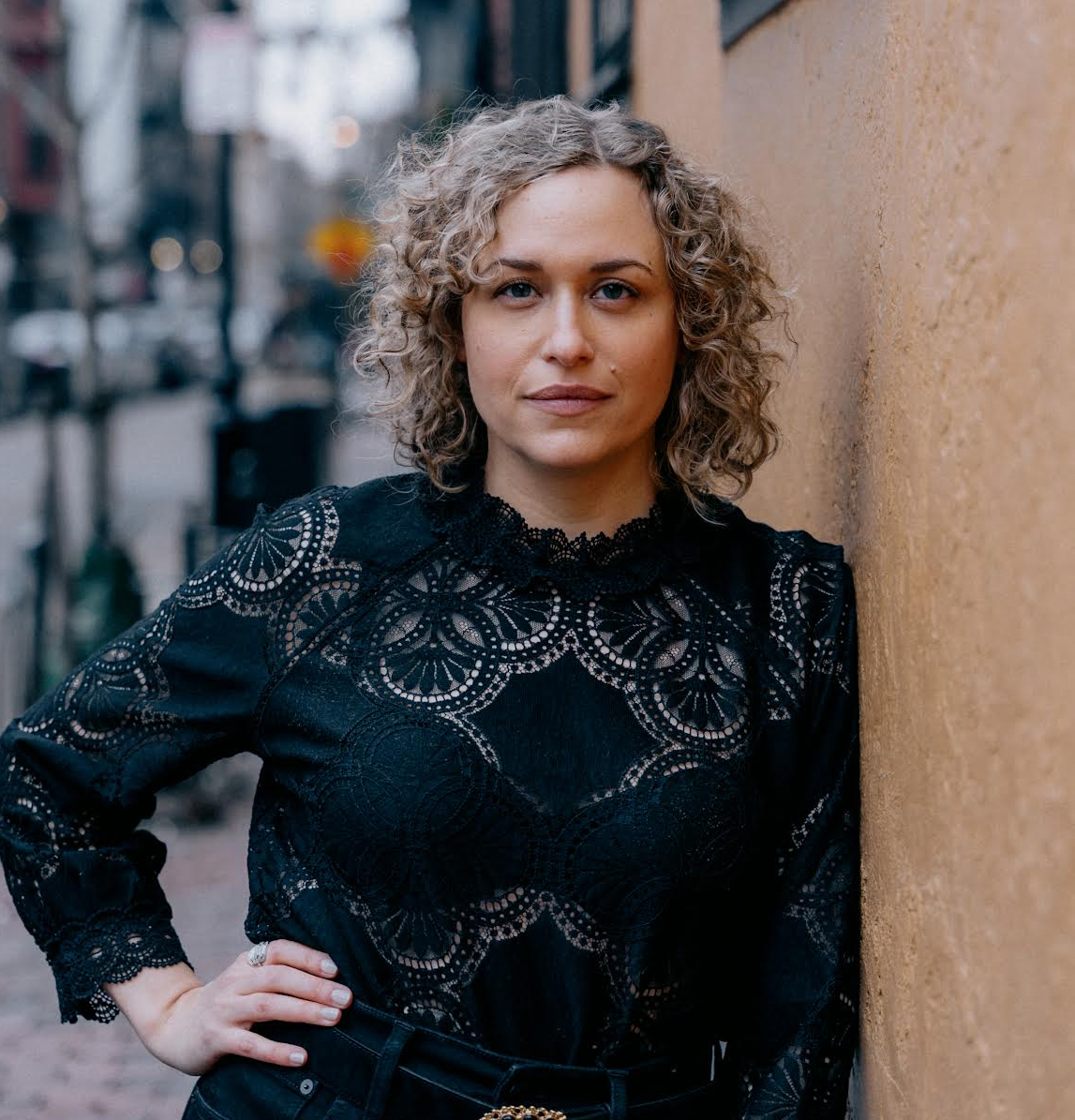How Did Michelle Carter and Conrad Roy III Meet?
New documentary HBO I Love You, Now Die dives into the complex relationship that developed between Michelle Carter and Conrad Roy. The pair actually rarely met in real life.


The recently released HBO documentary I Love You, Now Die dives into the complex relationship between Michelle Carter and Conrad Roy III. Ultimately, Roy died by suicide, and Carter was convicted of involuntary manslaughter for her role in his death (now known culturally as the "texting suicide case"). Much attention was paid, both in the documentary and the trial, to the relationship between the two teenagers.
CONTENT WARNING: The below story contains detailed descriptions of a case involving death by suicide. This content may be triggering for some readers.
The documentary implicitly asks: What might have led to the fateful interactions leading to Roy's death? Carter actively encouraged Roy to move forward with his plan to kill himself, and texted a friend later that she even told him to get back in the car after he had second thoughts about his decision. A viewer wonders: What must their relationship have been like, to have culminated in this interaction? The reality, as highlighted in the documentary, is much more complex than initially portrayed.
The pair actually rarely met in real life, after an initial vacation meeting in 2012 where they were introduced via family friends. According to the documentary, they met less than five times over the course of their relationship. But they had a strong connection over the phone and email, texting often multiple times a day and sharing their deep feelings about loneliness and pain—including their mental health struggles and thoughts of suicide. In Roy's case, he even shared his plans and news of his hospitalization for previous attempts to die by suicide.
In fact, as the documentary reveals, the pair would sometimes make plans to meet in person, and then would back out at the last minute—thus, their relationship, while strong over technology, was tentative and almost nonexistent in terms of face-to-face connection. For Carter's part, she was obsessed with shows like Glee and even used quotes from the actors and the show when she texted Roy—leading credibility to the idea posed by her defense team that this, to Carter, felt like a fantasy as opposed to a flesh-and-blood relationship.
One comes away from the documentary with the impression that this was an intense and highly emotional relationship for Carter, but also one that was highly disassociated from reality. In her texts to Roy, Carter went from initially fearful over Roy's actions and dissuading him from hurting himself to supporting him and actively abetting him. The evolution, according to her defense team, may have been less about (as was initially reported) cold-hearted malice, and more about a twisted sense of helping someone who was suffering.
If you’re thinking about suicide, are worried about a friend or loved one, or would like emotional support, the Lifeline network is available 24/7 across the United States at 1-800-273-8255.
Get exclusive access to fashion and beauty trends, hot-off-the-press celebrity news, and more.

Katherine’s a contributing syndications editor at Marie Claire who covers fashion, culture, and lifestyle. In her role, she writes stories that are syndicated by MSN and other outlets. She’s been a full-time freelancer for over a decade and has had roles with Cosmopolitan (where she covered lifestyle, culture, and fashion SEO content) and Bustle (where she was their movies and culture writer). She has bylines in New York Times, Parents, InStyle, Refinery29, and elsewhere. Her work has also been syndicated by ELLE, Harper’s Bazaar, Seventeen, Good Housekeeping, and Women’s Health, among others. In addition to her stories reaching millions of readers, content she's written and edited has qualified for a Bell Ringer Award and received a Communicator Award.
Katherine has a BA in English and art history from the University of Notre Dame and an MA in art business from the Sotheby's Institute of Art (with a focus on marketing/communications). She covers a wide breadth of topics: she's written about how to find the very best petite jeans, how sustainable travel has found its footing on Instagram, and what it's like to be a professional advice-giver in the modern world. Her personal essays have run the gamut from learning to dress as a queer woman to navigating food allergies as a mom. She also has deep knowledge of SEO/EATT, affiliate revenue, commerce, and social media; she regularly edits the work of other writers. She speaks at writing-related events and podcasts about freelancing and journalism, mentors students and other new writers, and consults on coursework. Currently, Katherine lives in Boston with her husband and two kids, and you can follow her on Instagram. If you're wondering about her last name, it’s “I go to dinner,” not “Her huge ego,” but she responds to both.
